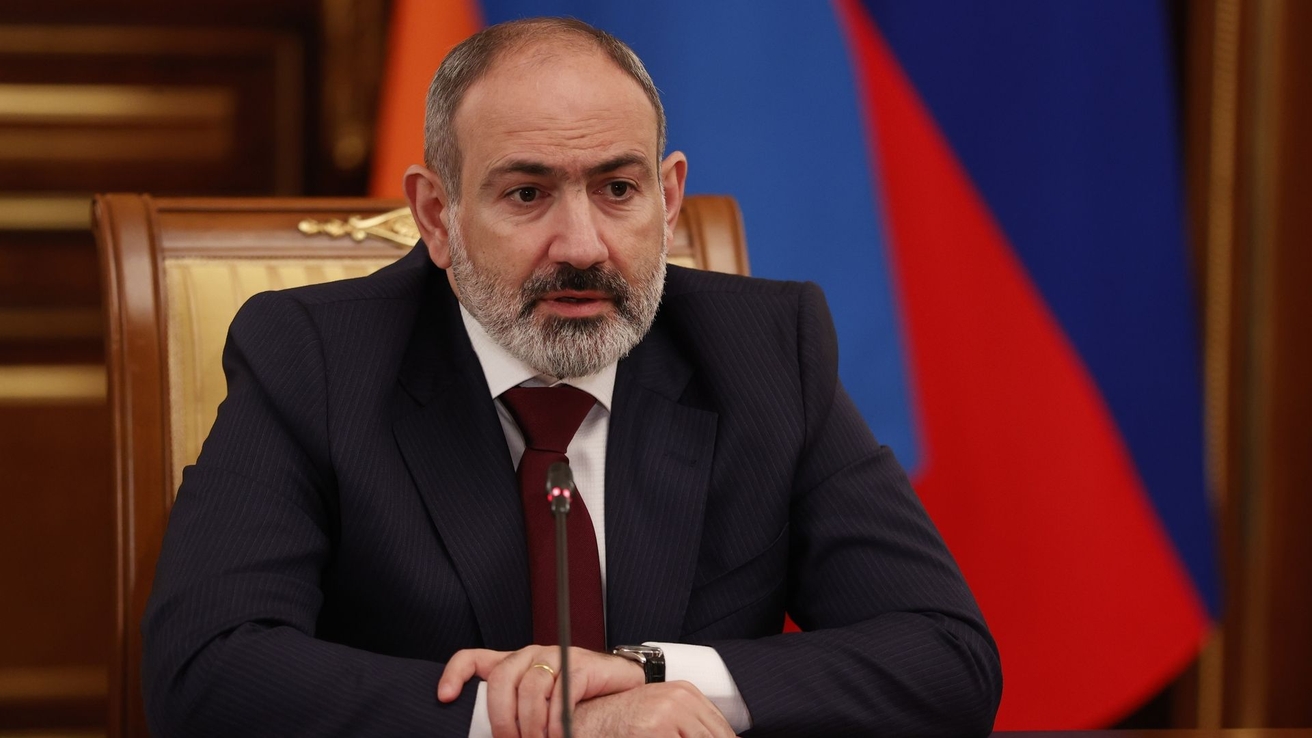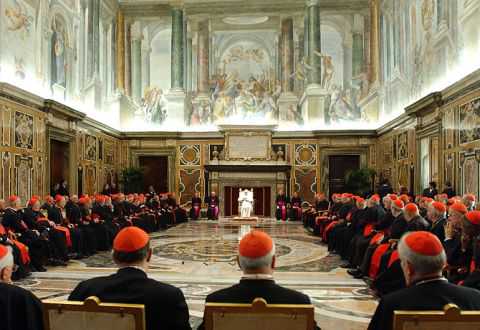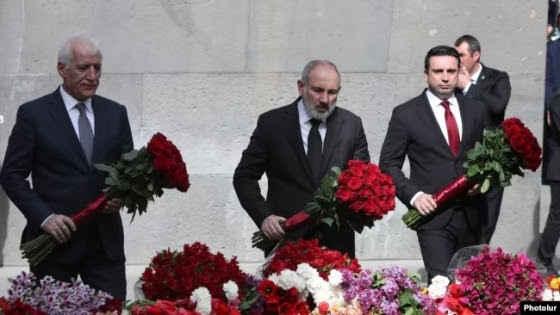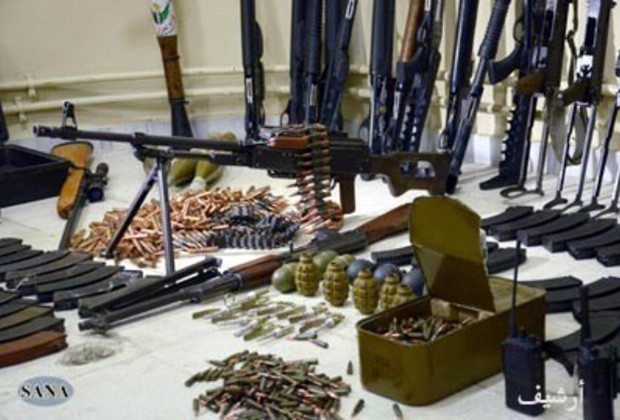Even since Archbishop Bagrat Galstanyan with his thousands of followers started marching towards Yerevan, many wondered what would happen on May 9 once they reached the Republic Square where Prime Minister Nikol Pashinyan’s offices are located.
After arriving in Yerevan, Bagrat Srpazan gave one hour to Pashinyan to resign. When the hour was over and he did not resign, Srpazan announced that there would be acts of civil disobedience throughout the country beginning the next day. He urged his followers to act peacefully and not to commit any acts of violence.
Pashinyan was hoping that the number of protesters would dwindle over time and the movement would fizzle out. The regime did everything in its power to vilify and defame Srpazan and the protesters. Government propagandists announced that there were merely around 20,000 protesters in the Republic Square on May 9, whereas most observers estimated the crowd to be several times larger. After misleading the Armenian public for six years with thousands of lies, Pashinyan continued his deceptive practices by claiming without any evidence that the protesters are Kremlin’s agents who were paid money to participate in these protests. Government leaders ridiculed not only Srpazan, but also the Armenian Church, an institution that has shepherded the nation ever since 301 AD, particularly during the absence of an Armenian state.
To the disappointment of Prime Minister’s diminishing number of supporters, as his rating has gone down from 80% six years ago to 8% now, Srpazan held a second rally in the Republic Square with tens of thousands of followers in attendance. Despite the brutal actions of Pashinyan’s police which viciously attacked the peaceful protesters, the movement grew stronger rather than fizzling out. During the past week, Srpazan held separate meetings with groups of lawyers, doctors, retired military officers, artists, and dozens of opposition leaders.
Srpazan proved the falsehood of Pashinyan followers’ repeated mantra that no one else can replace the Prime Minister. Srpazan succeeded for the first time to unite the various opposition groups under his leadership. Large segments of the public, livid at Pashinyan’s defeatist concessions to Azerbaijan, responded enthusiastically to Srpazan’s peaceful, but urgent message for change.
Finally, Srpazan’s long-awaited big rally took place on May 26 during which several important announcements were made. The crowd was told that Srpazan would temporarily replace Pashinyan after which a coalition government will be formed, followed by parliamentary elections which will choose a new Prime Minister. Even though the Constitution requires that the Prime Minister be exclusively a citizen of Armenia for the preceding four years, Srpazan’s followers believe that his dual citizenship of Armenia and Canada would not prevent him from temporarily acting as Prime Minister. Srpazan made the commitment that he will be guided exclusively by legal requirements. Ironically, Pashinyan’s regime, which has violated just about every existing law, is demanding that the protesters comply with the laws of the country.
During the May 26 rally, Srpazan also announced that after consulting with other high-ranking clergymen and Catholicos Karekin II, it was decided that he will freeze his 30-year-long spiritual service in order not to combine political activities with his religious position.
Srpazan is attempting to topple Pashinyan the same way the latter toppled Prime Minister Serzh Sargsyan. Pashinyan and his followers violated dozens of laws to come to power, blocking the streets, the Parliament building, the courthouse, and smashing the locked doors of the Armenian radio station. However, Pashinyan thinks that he is the only one who can get away with breaking the law. Amazingly, he even boastfully proclaimed: “is there a judge in Armenia who cannot do what the Prime Minister says?” If anyone else does what he did, his barbaric police are ordered, as he himself announced during the Parliamentary campaign in 2021 while holding a hammer in his hand, to smash the heads of his Armenian opponents, even though he falsely claims to be a democrat. Ironically, Pashinyan never uses such vile language against the real enemies of Armenia — Azerbaijan and Turkey — whose leaders make the most offensive comments about Armenia.
At the end of the mass rally in the Republic Square on May 26, Srpazan marched with his followers to the Prime Minister’s mansion and demanded that he meet with him and tell him to resign. However, it turned out that Pashinyan was not at home, visiting the flooded areas of Northern Armenia.
Srpazan then led the large crowd back to the Republic Square where the rally had started several hours earlier. He urged his followers to engage in acts of civil disobedience throughout the country to pressure Pashinyan to resign.
This is Armenia’s last chance to save the country from Pashinyan, a defeated and incompetent leader, who is willing to follow Aliyev’s and Azerbaijan’s orders, and make illegal and endless one-sided concessions, until the total loss of Armenia, after the loss of Artsakh!





